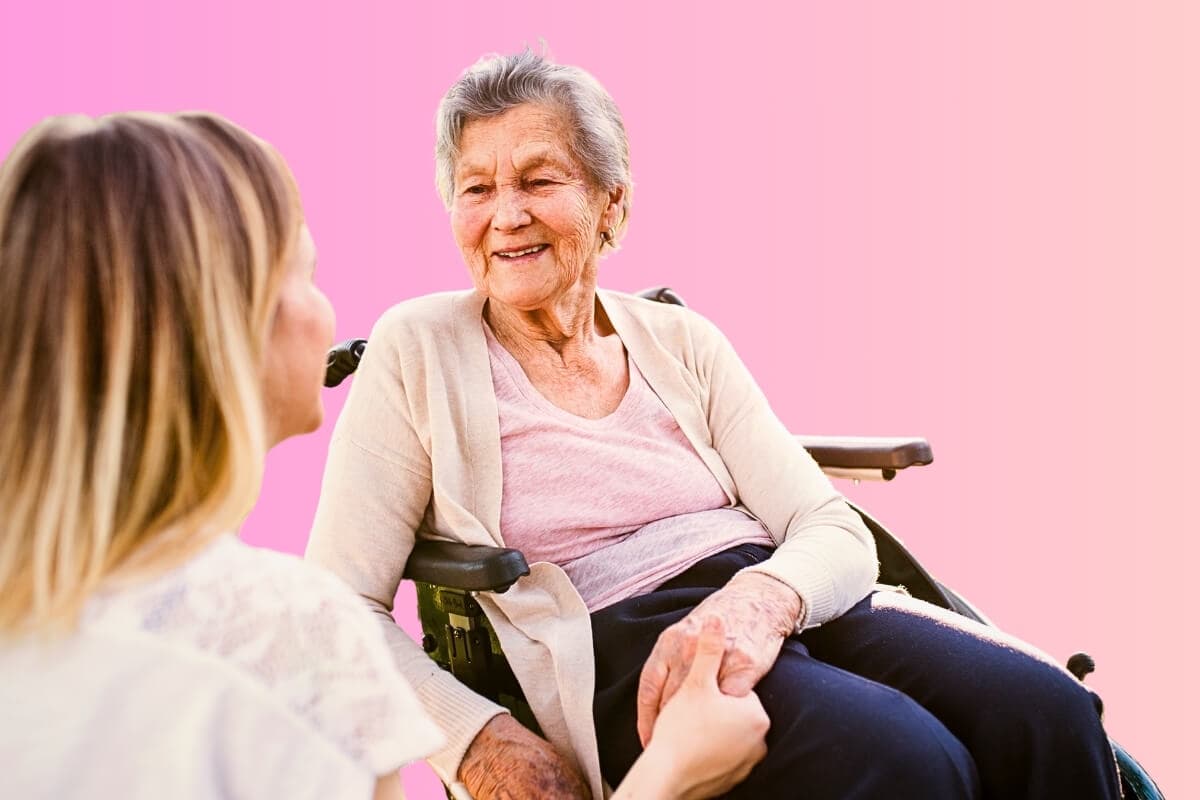Caregiver Tips for Loved Ones with Mobility Issues
As a caregiver, you play a crucial role in supporting your loved one through the ups and downs of their condition. If your loved one is experiencing mobility issues, it's essential to understand the root of the problem, common symptoms the face, as well as some useful strategies to provide the best possible care.
What Are Mobility Issues?
Mobility issues refer to difficulties in basic movements or walking due to various underlying conditions, the most common of which are arthritis, Parkinson's disease, multiple sclerosis, or stroke.
Facing limited mobility may also come with related symptoms such as weakness, stiffness, fatigue, and pain in the joints or muscles. Treatment options vary widely. You may need to help with medication, physical therapy, or lifestyle modifications.
Some mobility issues will subside over time, while others may be permanent. Remaining patient and flexible is key. Remember, as a caregiver, helping improve their quality of life is your goal regardless of whether their condition is likely to be resolved.
What to Expect
As a caregiver, you can expect to face challenges such as managing daily tasks, providing emotional support, assisting with mobility aids, and physically helping with basic movements and activities. Your loved one may experience common symptoms like fatigue, pain, and difficulty walking or standing. These challenges can significantly affect daily life, making it essential to develop strategies for coping and adapting. You should be prepared to physically intervene.
In Their Shoes
Imagine needing to think through every step you take—literally. Getting out of a chair, walking across a room, or climbing a curb becomes something you have to plan, not just do. Maybe you use a cane, a walker, or a wheelchair, and the world around you isn’t built with your needs in mind. Every doorway, stair, or crowd can feel like an obstacle. You may move slower, but your desire to stay independent is as strong as ever. What can hurt more than the effort is the way others look at you—or look away. You want help when you ask for it, not pity or assumptions. Because even if your body moves differently, your spirit hasn’t changed. What matters most is respect for your pace, your choices, and your voice. To be treated not as less—but simply as a person who moves through the world in their own way.
Setting Goals
Setting goals is essential for both you and your loved one. It helps create a sense of purpose and direction, making the caregiving journey more manageable. It also allows you both to share in the success of meeting goals, bringing you closer together.
Consider setting goals related to mobility, independence, and quality of life. For example, improving mobility, managing pain, or increasing independence.
High Level Plan
Here's a high-level plan for caregivers:
Step 1: Assessment and Planning
- Evaluate your loved one’s physical abilities, home environment, and daily needs to understand the level of support required. For those with mobility issues, it’s especially important to identify fall risks, accessibility barriers (like stairs or narrow doorways), and the need for equipment such as walkers, grab bars, or wheelchairs.
Step 2: Providing Support
- Assist with daily tasks such as bathing, dressing, and transportation, while encouraging as much independence as possible.
Step 3: Monitoring Progress
- Regularly check in on your loved one’s physical condition, emotional well-being, and how well your support plan is working. With mobility challenges, monitor for signs of increased difficulty moving, pressure sores, or declining balance, and adjust your caregiving strategies or seek professional input as needed.
Online Resources for Caregivers
Navigating the caregiving journey is challenging, but numerous online resources offer support:
The Arthritis Foundation:
The Arthritis Foundation provides education, advocacy, and community support for individuals with arthritis and their caregivers.
The Parkinson's Disease Foundation:
The Parkinson's Disease Foundation offers resources, research updates, and advocacy support for individuals with Parkinson's disease and their caregivers.

